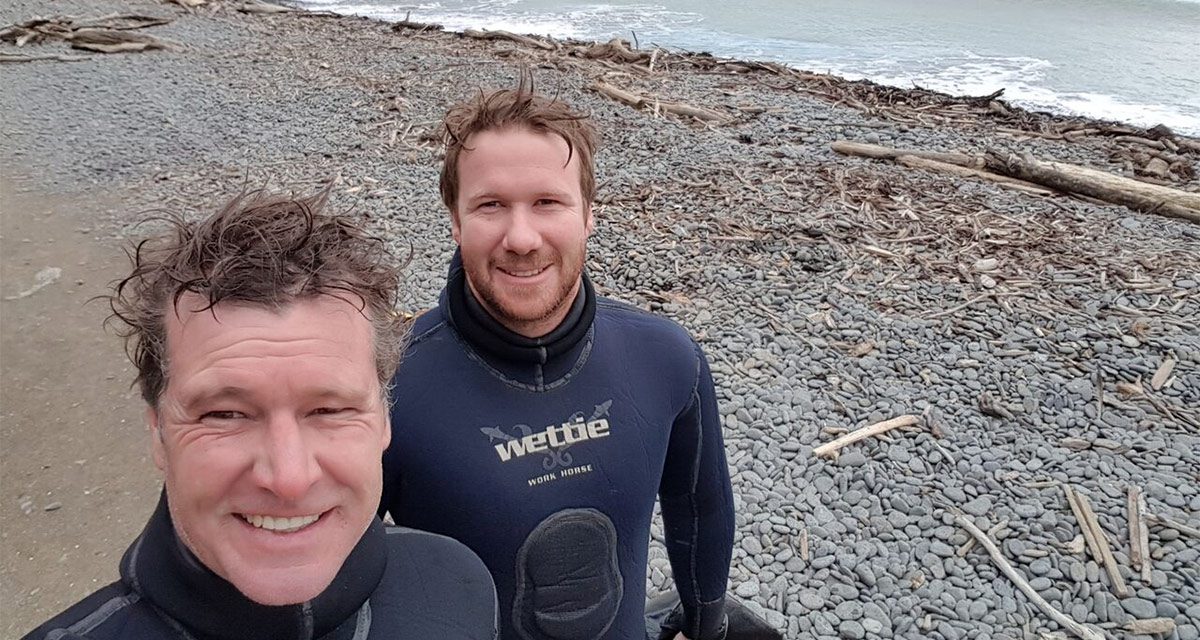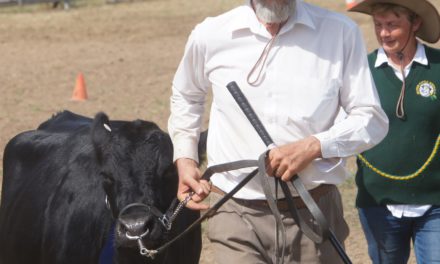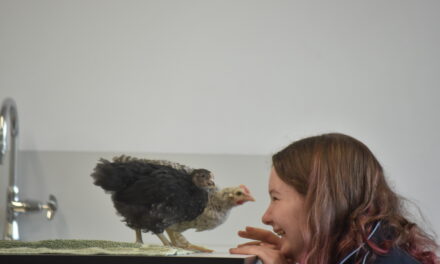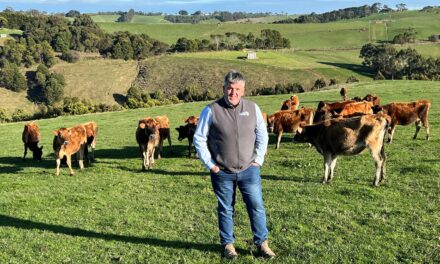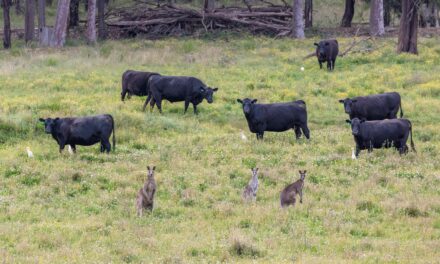Stock enhancement projects designed to reverse the dramatic decline in wild abalone production rates are complex, and will only succeed through industry knowledge sharing, collaboration and appropriate governance arrangements.
That’s according to a report released today by 2017 Nuffield Scholar, Jonas Woolford, who with support from the Fisheries Research & Development Corporation (FRDC) and Nuffield South Australia, conducted global research into wild abalone fisheries and their approaches to stock enhancement.
Mr Woolford, of Streaky Bay in South Australia, grew up surrounded by the ocean and fishing. Having worked in the abalone industry for the past 20 years, his concern about the declining harvest rates drove him to undertake his Nuffield Scholarship.
“Since the mid-2010s, we have seen the worst abalone harvests since quotas were introduced in 1985,” Mr Woolford said.
“Abalone stocks around the world are in decline, and the leading causes are not unique to Australia. More frequent warm water events are wreaking havoc on the sedentary species, and disease, invasive pests and habitat changes are also key threats.
“I wanted to understand how other abalone producing nations are addressing the issue and bring key lessons back for the Australian industry.
“Australia used to be the largest producer of abalone, enjoying a 40 per cent market share. That changed when world abalone production increased rapidly in the early 2000s, with aquaculture production in China playing a large part in that,” he said.
Mr Woolford’s report compares the viability of approaches to stock enhancement of abalone across Australia, New Zealand, Japan, South Africa, Mexico, the United States and China.
“Stock enhancement involves the release of cultured abalone, with the aim of sustaining and improving the abundance of catchable abalone,” Mr Woolford said.
“It’s a practice that is still in it’s infancy in many countries. In Australia, the lack of widespread uptake is due largely to high production costs, which render the practice uncompetitive.
“Conversely, in Japan, stock enhancement of abalone has occurred for over 30 years, and accounts for 30 per cent of the total annual harvest.
“Visiting the Fisheries Technology Centre in the Iwate prefecture in Japan, it became clear that stock enhancement of abalone (or awabi) is relied on as a critical buffer for their harvest,” he said.
The cultural importance of seafood in Japan sees abalone stock enhancement activities afforded good industry and government support, with the cost of production subsidised by the Iwate prefecture.
“Interestingly, the cost to produce juvenile abalone through these methods is about the same as in Australia at AUD 0.75. The difference is that this cost is subsidised in Japan,” Mr Woolford said.
Mr Woolford’s report also considers market perceptions of restocked abalone.
“Wild harvest abalone attracts a premium to fully farmed abalone because of its size, taste and scarcity,” Mr Woolford said.
“To this end, it’s critical to test whether or not restocked abalone, which started life in an aquaculture facility before maturing in a natural ocean environment, would tarnish the luxury reputation of the product.
“I interviewed six abalone importers in Hong Kong and was surprised to learn that none thought restocked abalone would compromise the status of the product.
“In fact, I was told that if the story around the need for stock enhancement and securing the sustainability of wild abalone was told well, it could be a positive for the market,” he said.
Mr Woolford’s report concludes that there is no one size fits all method to successful abalone stock enhancement. The species have their own peculiarities and sharing knowledge will be key to allowing more focused research to take place.
“Industry and government must work together, and the burden must not be carried by the commercial sector alone,” Mr Woolford said.
“A focus on forming professional relationships, ensuring governance arrangements provide enough security to foster investment in research and trialling, and telling the good story of stock enhanced abalone will all be critical to success,” he said.

